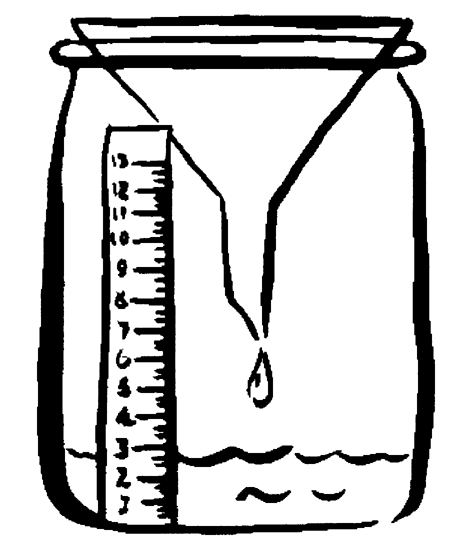The environment
in which we live affects our lives enormously. It will affect not
just our quality of life but also the sort of job we do and often
how we spend our free time.
Ask each Six to
draw a map of their local environment showing parks, built up areas,
shops and so on. Ask them what they like about where they live, what
they dislike and why.
Young people have the right to grow up in a healthy environment which
provides facilities for them to grow and develop and this includes for
play and recreation. Young people are often the last to be asked about
facilities which affect them but most of them would have an opinion.
Why not try sounding out your Cub Scouts' opinions; not just on what
they like and dislike but what could be done to improve their local
environment for themselves, their friends and their brothers or sisters.
|
Go for a walk, visit
your local park and ask each Six to consider how they could make their
local environment more `children friendly'. The town planners will give
them all the money required if they can come up with the ideas. Some
suggestions might be.
- Changing some
busy roads with shops into pedestrian precincts.
- Providing a
5-a-side football pitch in the local park.
- Fencing the
area with the swings to stop dogs entering.
- Providing a
play area.
You never know,
your Cub Scouts might come up with such a good suggestion that you could
pass it to your District or County Councillor.
Our natural environment
depends very much on the physical features of where we live for example,
beside a river, near the sea, in the hills or mountains or on flat land.
It also depends very much on the amount of rain that falls each year
and when the rain falls.
Ask the Cub Scouts to list all the things that we use water for. When
there is a shortage of water ask how can they save it. Perhaps your
local water board would have useful information too.
If there were
no taps ask the Cub Scouts or their families where they would have
to go to collect and how would this affect their lives? |




